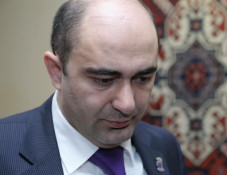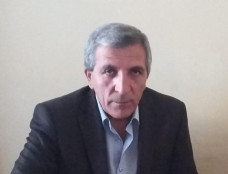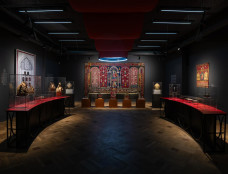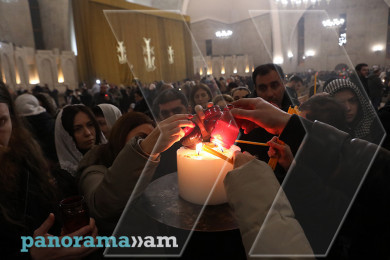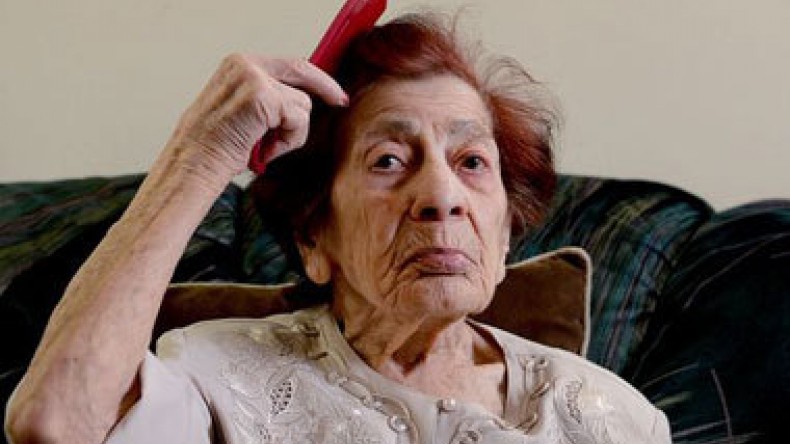
Memories of Asya Titova, 103, who survived Armenian Genocide and killings of Armenians in Baku
Asya Titova, 103, who now lives in the US, remembers how she survived the Armenian Genocide and Baku pogroms of the Armenians in 1990. She was only 7 when her family was scrambling to leave its home in Artvin (town in northeastern Turkey) in 1920. It would be years before Titova understood she had survived the slaughter of nearly 2 million fellow Armenians in Turkey as the Ottoman empire met its demise. Distant relatives and friends had been slaughtered during what many recognize as the first genocide of the 20th century, Michigan-based Lansing State Journal writes.
According to the article, Titova remembered how the Turkish killed and raped. Fearing more violence, Asya's father decided in 1920 to move the family to Batumi, Georgia, yet he died before the move. Asya married and around 1933 moved to Moscow. Asya, her son and daughter-in-law Tatyana made a decision in 1974 to move to Baku, Azerbaijan. Asya's son, an epidemiologist, had an opportunity to do research work in Baku.
Still, in January 1990 Azerbaijan led a pogrom, or organized killings, of Armenians, arguably with support from the Soviet government. At least 46 Armenians were killed in the pogrom, according to U.S. Senate records, the article reads.
"They were killing people. They were even killing pregnant women. They were throwing people from the windows. It was something terrible there," Tatyana said.
Her family had to leave Baku. Through the help of the American government, they obtained refugee status in December 1990 and started making their way to Michigan. Asya Titova and her family were among about 220 Armenians who relocated to the Lansing area from Baku, Azerbaijan, in the early 1990’s through a U.S. initiative.
“There was a small, existing Armenian community in Lansing before the refugees arrived, but few of them knew each other. As the local Baku Armenian community grew, groups of settled Armenians welcomed newly relocated countrymen at the airport,” said Helen Cirrito, whose grandmothers survived the 1915 Armenian Genocide. Cirrito temporarily housed refugees from Azerbaijan and helped them integrate into the local environment.
Asya is one of two living Armenian genocide survivors in Michigan, as tracked by Michigan's Armenian Apostolic community.
Newsfeed
Videos








